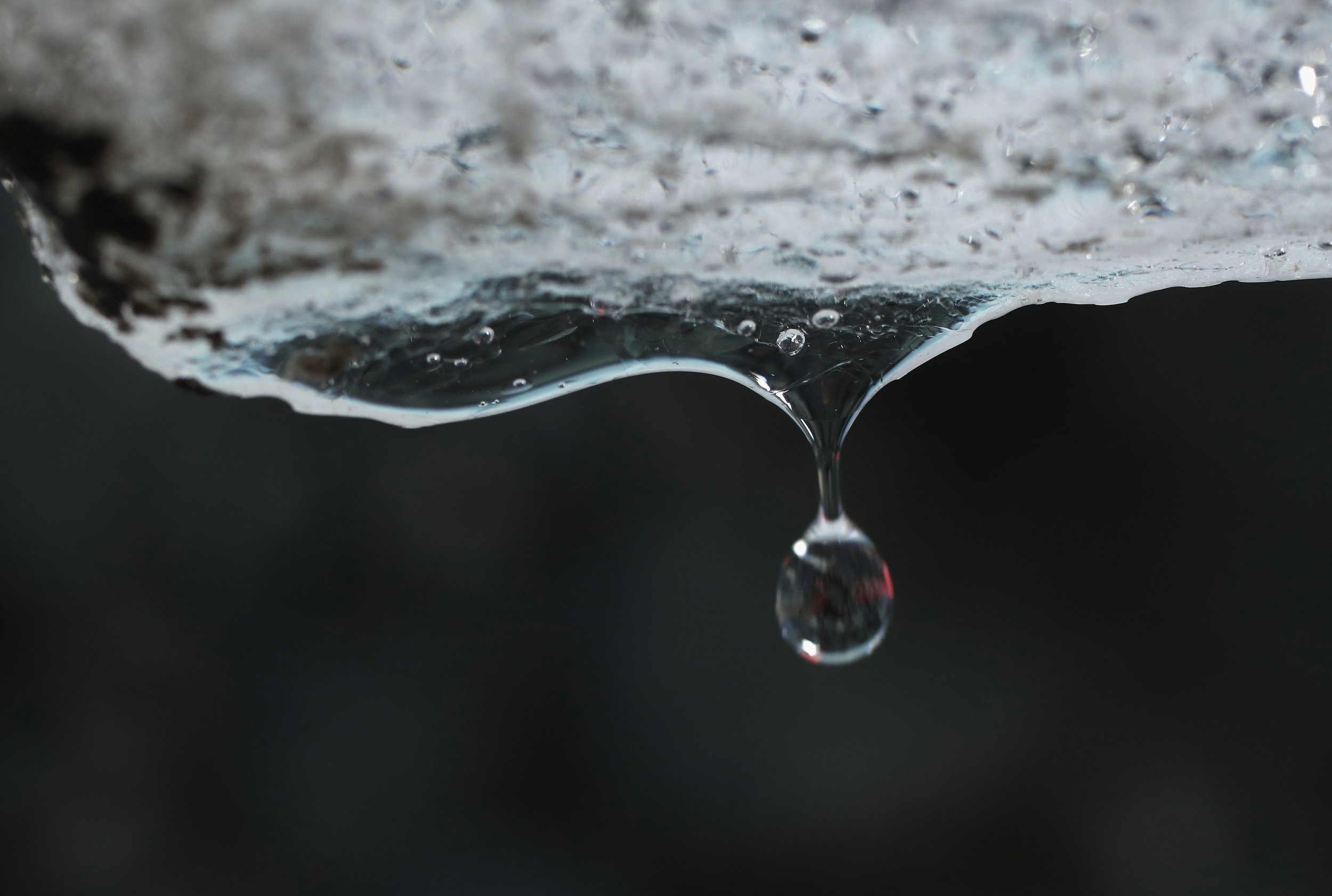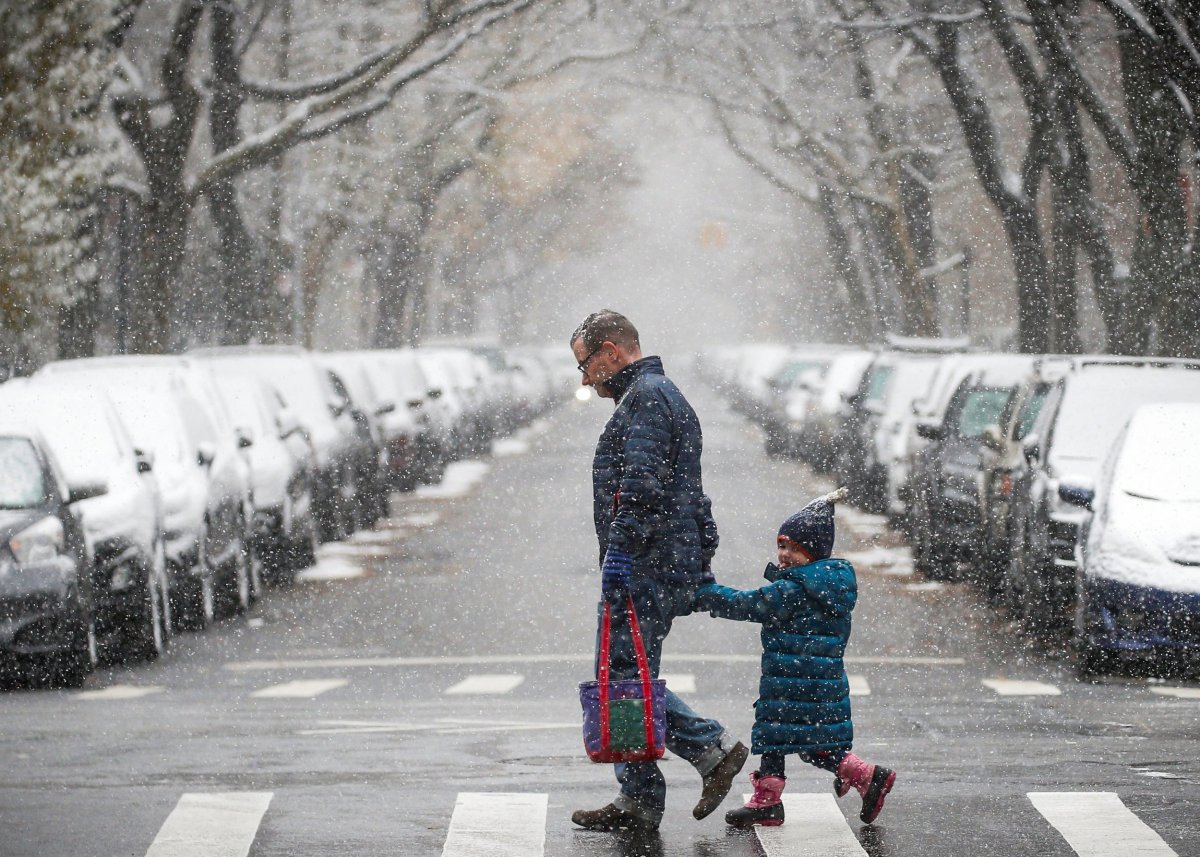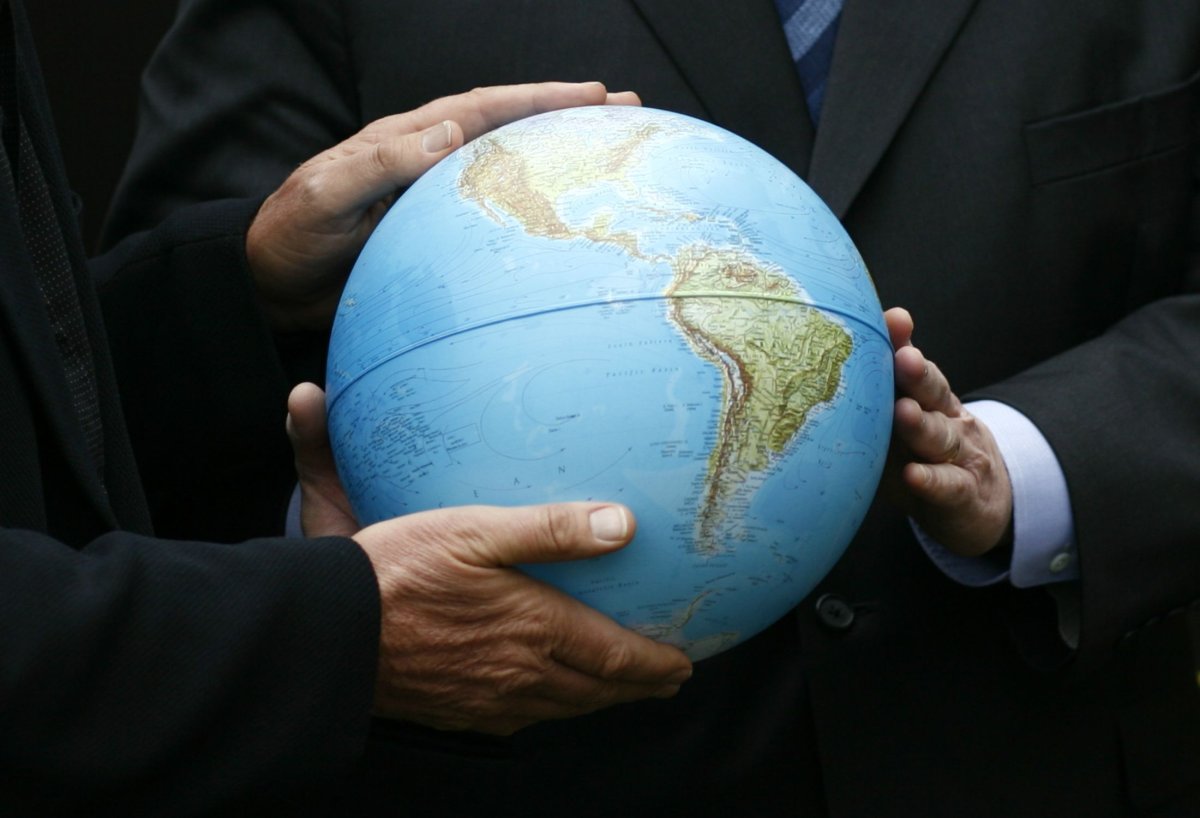
The chances of a white Christmas across the U.S. and even around the world have been well documented based on historical weather data. But as global temperatures rise due to climate change, snow on Christmas Day could increasingly become a rarity—even a distant memory.
How climate change affects weather on one specific December day is tough to predict—and a rarer white Christmas doesn't mean there won't be snow at all in the future. The differences between climate and weather partly explain that.
To better understand the strange ways climate change will affect snow around the world, Newsweek spoke with Jessica Blunden, a climate scientist at the National Oceanic and Atmospheric Administration's National Centers for Environmental Information.
Is there going to be less snow in the future because of climate change?
As climate changes, places that typically have a lot of snow—maybe up in the Northeast, out West in the mountains, higher elevations—may have less snowfall and more precipitation falling in the form of rain as temperatures warm. That will have a big impact on people directly, especially out West. You're not going to have as much snowpack in the winter. It's going to melt earlier in the spring. That change is going to be an issue for people out West because a lot of people depend on water from the snowpack in the mountains. When there's less of it, they're going to run into shortages of water. We're just going to see less and less overtime as temperatures begin to warm.
Does that mean a white Christmas will be rarer?
That is difficult to say. It's really hard to predict how it's going to be at certain times of the year or on certain days of the year—like Christmas, for example. In general, I would say yes, over time you would tend to see that. With respect to climate change, you just want to look at the general patterns over time. You look at generally what's happening, but you can't predict exactly what's going to happen in a single place, on a single day, at a single time. We'll never be able to predict that. You still may see a lot of snow in January and February just because they happen to be the coldest months, but even if it warmed 3 or 4 degrees over time, it could still be in the 20's somewhere. It just depends where you are and what's happening exactly.

In Alaska, a recent study found snowfall has increased, and it's likely due to warmer oceans in the Pacific. Could you explain how a warmer climate might mean more snow in some places?
It's not straightforward. A lot of people think about global warming happening consistently at the same pace, in the same way, all across the world. And that's just not the way that it's going to happen. There's going to be changes in circulation patterns from warming oceans, and warming air is going to hold more moisture, so you're going to see more snow in areas like Alaska.
But that's going to take precipitation from other areas. If there's more precipitation over in Alaska, there may be drier air due to the circulation pattern, say, in the Western United States. Climate change is not going to happen at the same rate. It's not going to have the same impacts in the same places all across the world. In some places, you will see more snow, and in a lot of places, you'll see less. The bottom line is, climate is complicated.
When will the effects of climate change become more obvious?
Over time, there will be direct impacts—especially for the people living out West when the snowpack is gone. When sea levels rise, which will continue to happen, infrastructure in coastal areas will be damaged. Roads will be flooded. People's homes will be flooded. We are going to see those impacts over time. Are you going to see those impacts in Iowa? No, you may not.

Do you see any climate impacts that you don't think enough people are talking about?
I live in the mountains of North Carolina. Over the past couple of years, there's been an influx of people moving from coastal areas to these mountains. I think that's going to happen more and more. And that can change the whole dynamic of their communities. So even if you don't see obvious impacts, there are going to be other subtle impacts from people who are feeling it directly. Climate change, eventually, is going to touch everyone's lives.
This interview has been edited for length and clarity.
Uncommon Knowledge
Newsweek is committed to challenging conventional wisdom and finding connections in the search for common ground.
Newsweek is committed to challenging conventional wisdom and finding connections in the search for common ground.
About the writer
Sydney Pereira is a science writer, focusing on the environment and climate. You can reach her at s.pereira@newsweekgroup.com.
To read how Newsweek uses AI as a newsroom tool, Click here.






